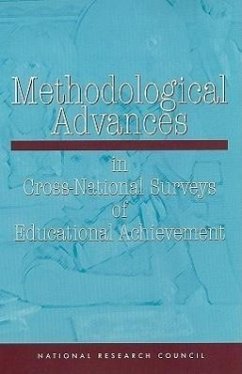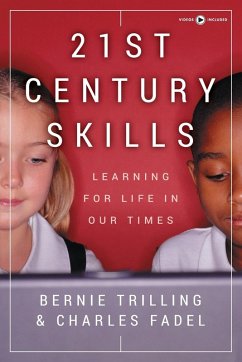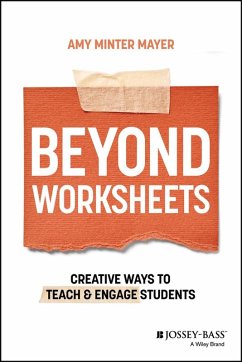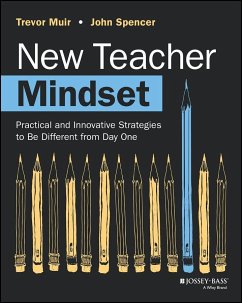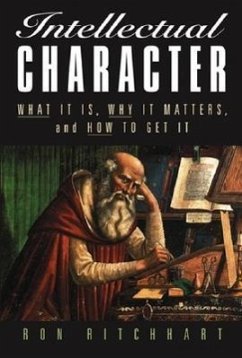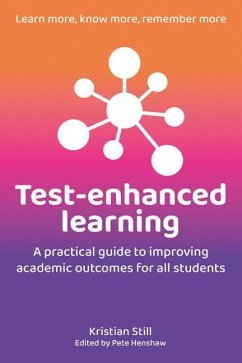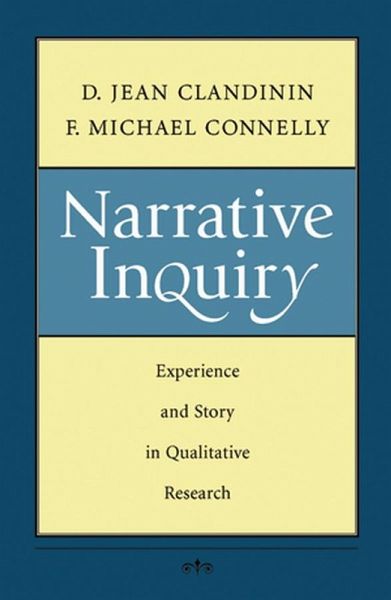
Narrative Inquiry
Experience and Story in Qualitative Research
Versandkostenfrei!
Versandfertig in 2-4 Wochen
38,99 €
inkl. MwSt.

PAYBACK Punkte
19 °P sammeln!
Shows how narrative inquiry can be used in educational and social science research. Tracing the origins of narrative inquiry in the social sciences, this book offer practical ideas for conducting fieldwork, composing field notes, and conveying research results. It also includes stories and examples that reveal a range of narrative methods.



